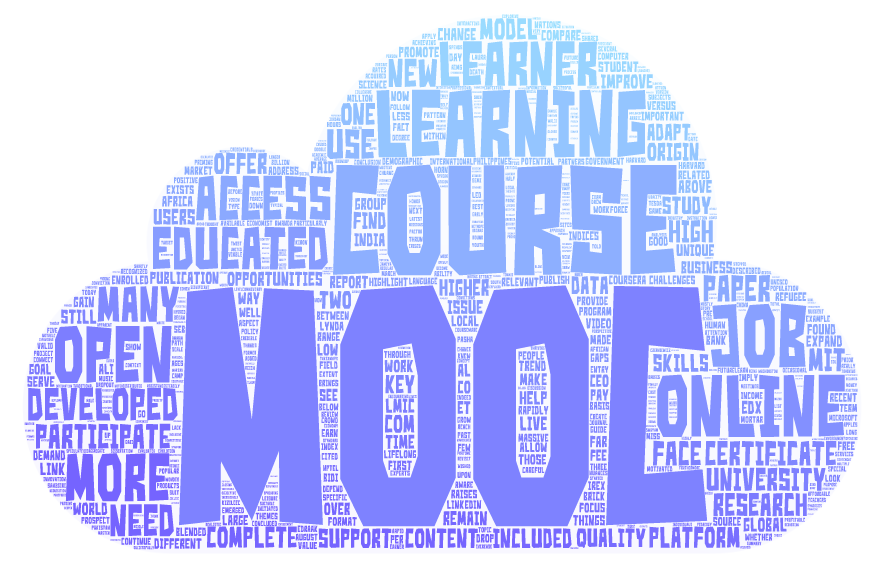Making international educational systems work better- Lessons we can learn from Improvement Science
Put simply, education development can be described as work dedicated to the incremental betterment of learners’ experience with and success in educational systems in lower-income settings. It is about making educational systems, and all the many moving parts that comprise them, work better to reliably produce quality outcomes for all children. These truisms would seem to make education development work fertile soil for the use of improvement science methods, which aim to use disciplined inquiry and scientific methods to make social systems work better for the people they serve.





